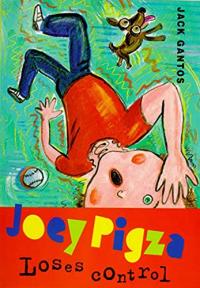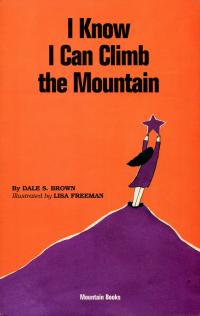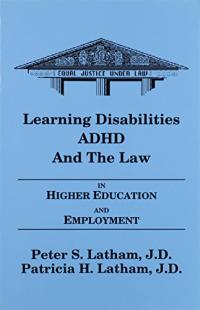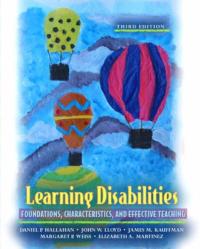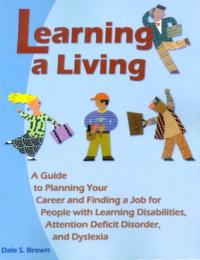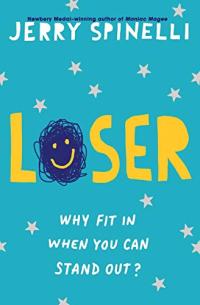
It's Nobody's Fault: New Hope and Help for Difficult Children
Brain chemistry, not bad parenting, is responsible for the 12 percent of children younger than 18 who have diagnosable brain disorders, such as attention deficit hyperactivity disorder (ADHD), separation anxiety disorder (SAD), or enuresis (bed-wetting). Through case studies, scientific data, and information about children’s development and brain chemistry, Koplewicz helps parents understand the obstacles their brain-disordered children face. A practicing psychiatrist, he also suggests means, including therapy and medication, by which families may lessen the difficulties posed by those disorders. He devotes the final section of the book to considerations of the nature and treatment of problems including, besides those noted above, depression, conduct disorder, bipolar disorder, and autism. Presented with compassion but in no-nonsense style, his effort offers a wealth of scientific information in a format easily accessible to parents, extended families, and friends of “difficult” children.
—Kathryn Carpenter from Booklist
